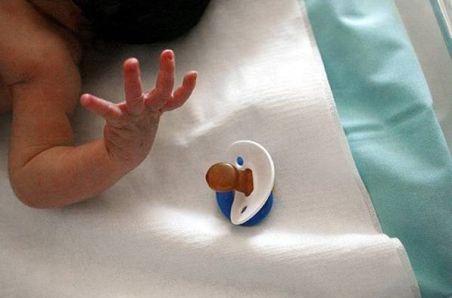
Expecting a child is the most exciting and happy phase in a woman’s life, but suffering from an asthma attack is the worst nightmare a pregnant lady can face.
As per National Asthma Education Group for the Centers for Disease Control and Prevention (CDC), asthma is one of the most common diseases that can complicate a pregnancy.
It is advisable for pregnant women to identify the early asthma symptoms as the disease’s effects on pregnant women are appalling, Parents India magazine reported.
If asthma becomes uncontrolled, it can bring about a risk for the mother’s as well as for the baby’s health. This situation can even lead to further complications like oxygen deprivation for the baby, morning sickness, vaginal bleeding, high blood pressure and protein in the urine after 20 weeks of pregnancy (preeclampsia), restricted fetal growth, complicated labor, need for a C-section, premature birth, low birth weight and in extreme cases, the baby’s life might be in jeopardy.
Since the fetus gets its oxygen from the mother’s blood, this condition leads to decreased oxygen in the fetal blood.
Swimming is known to be a particularly good exercise for women suffering from asthma. Using an inhaled bronchodilator ten minutes before you exercise may help you better tolerate your recommended exercise during pregnancy.
It is also advisable for the pregnant women who have asthma to get their condition monitored on a regular basis. A check-up once in three weeks is recommended by expert doctors worldwide.
Source: DNA India


 Researchers have claimed that babies dying from Sudden infant death syndrome (SIDS) have brain stem abnormalities regardless of whether they were exposed to risks like suffocation or co-sleeping.
Researchers have claimed that babies dying from Sudden infant death syndrome (SIDS) have brain stem abnormalities regardless of whether they were exposed to risks like suffocation or co-sleeping.